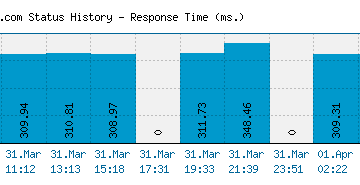Understanding IPC: Importance and Current Developments

Introduction
The term IPC, or Inter-Process Communication, refers to a set of methods used by different processes to communicate with each other in a multitasking operating system. This topic is critically relevant today, as IPC mechanisms underpin many software applications and services we rely on—ranging from embedded systems to cloud computing. The need for efficient and effective IPC is increasingly significant in our technology-driven world, where seamless communication between processes is essential for optimal performance.
Methods and Mechanisms of IPC
IPC can be achieved through several methods, including but not limited to message passing, shared memory, semaphores, and sockets. Each method has its advantages and is chosen based on the specific requirements of the application at hand. For instance, message passing is popular for its simplicity and ease of use in distributed systems, while shared memory is favoured for high-performance applications due to its speed and efficiency.
Recent Developments in IPC
In recent years, there have been considerable advancements in IPC, particularly with the emergence of new technologies like container orchestration platforms (e.g., Kubernetes) and microservices architectures. These environments present unique IPC challenges as processes run in isolated units. To address these challenges, developers are turning to sophisticated IPC libraries and frameworks that simplify communication across containers and services. One of the notable technologies gaining traction is gRPC, which leverages HTTP/2 to facilitate communication between services efficiently.
Moreover, the focus on cybersecurity has spurred research into secure IPC mechanisms, ensuring that data exchanged between processes remains protected and resistant to interception. Developers are implementing encryption protocols within IPC methods, thereby enhancing the security posture of applications.
Conclusion
The significance of IPC cannot be underestimated in today’s digital ecosystem. As software continues to evolve and diversify, understanding IPC and its mechanisms becomes more crucial for developers and IT professionals. The future will likely see further innovations, particularly concerning security and the ever-increasing demand for performance in multi-process and microservice environments. For readers, staying informed on IPC developments equips them with knowledge essential for adapting to the rapid technological changes ahead and optimising their software solutions.









